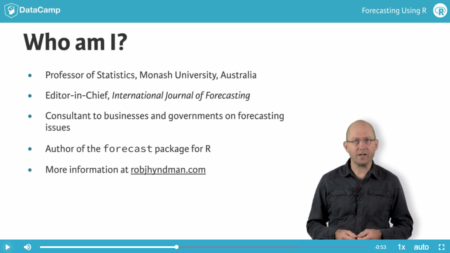The useR! 2021 conference will be the first R conference that is global by design, both in audience and leadership. Leveraging a diversity of experiences and backgrounds helps us to make the conference accessible and inclusive in as many ways as possible and to grow the global community of R users giving new talents access to this amazing ecosystem. Being virtual makes the conference more accessible to minoritized individuals and we strive to leverage that potential. We are paying special attention to the needs of people with a disability to ensure that they can attend and contribute to the conference as conveniently as possible. Going fully virtual and global allows us to reimagine what an R conference can offer to presenters and attendees from across the globe and from diverse backgrounds.
We have an awesome lineup of keynotes:
Paul Murrell (R Core), Edzer Pebesma (Statistics), Heidi Seibold (Research Software Engineering), Jeroen Ooms (R Programming), Meenakshi Kushwaha (R in Action), Catherine Gicheru and Katharine Hayhoe (Communications), Jonathan Godfrey, Kristian Lum, Achim Zeileis and Dorothy Gordon (Responsible programming).
We will have a full day of tutorials in four tracks and different time zones. The 22 selected tutorials will be taught in different languages (English, Spanish or French) and they are aimed at beginner, intermediate and advanced users. Have a look at the tutorial schedule.
You can register from the link on the registration page.
We determined our fee structure based on two important points: * We want everyone to be able to participate! * We would appreciate it if you pay what you can!
We have been able to extend our Early Bird window until registration closes thanks to great support from paying participants and our sponsors.
Fees are adapted to your country of residence. The rate for academic participants also applies to non-profit organizations and government employees, and the student rate also applies to retired people. Freelancers are encouraged to select the rate they feel applies best to them.
Additionally, fees are waived if your employer does not have funds to cover the conference fees. There is no need to convince anyone — you only have to tell us that you don’t have the supporting funds. If you are from a “Low Income” country, your fees are automatically waived!
We encourage both active users of R and those curious about R to attend useR! 2021 conference.
Looking forward to meeting you at the conference!
The useR! 2021 organizing committee

